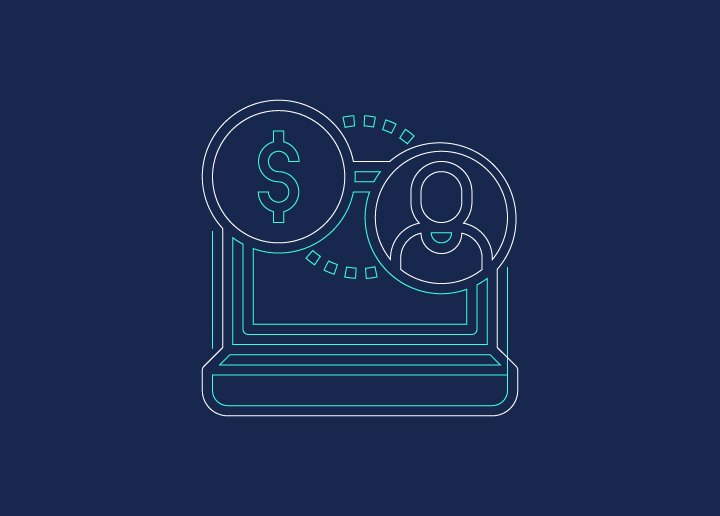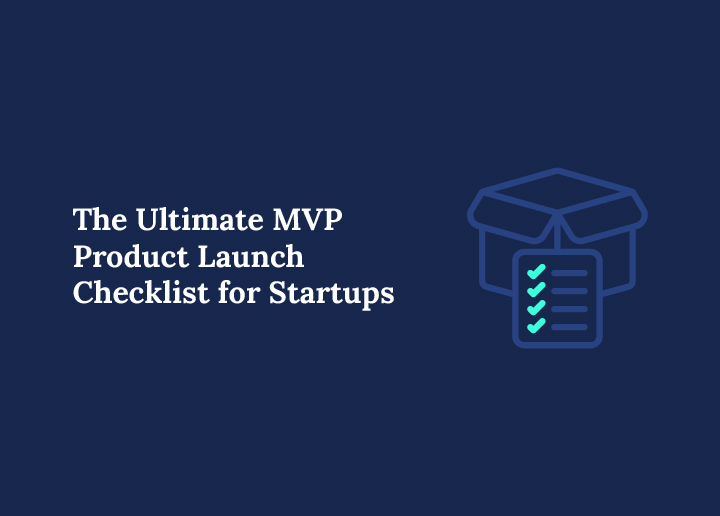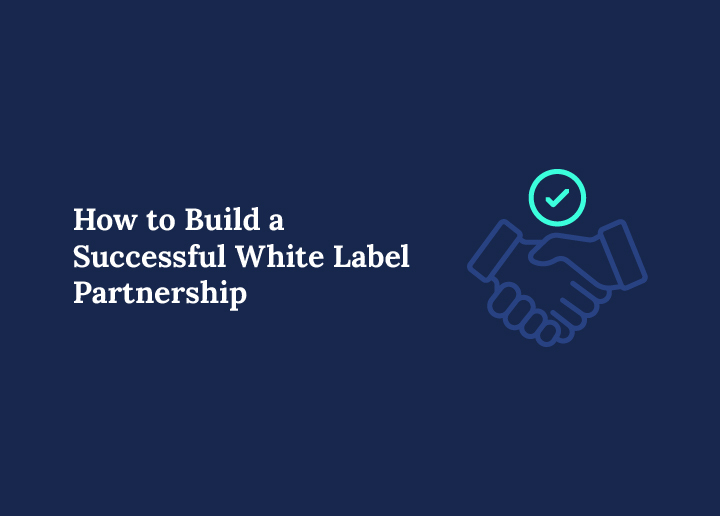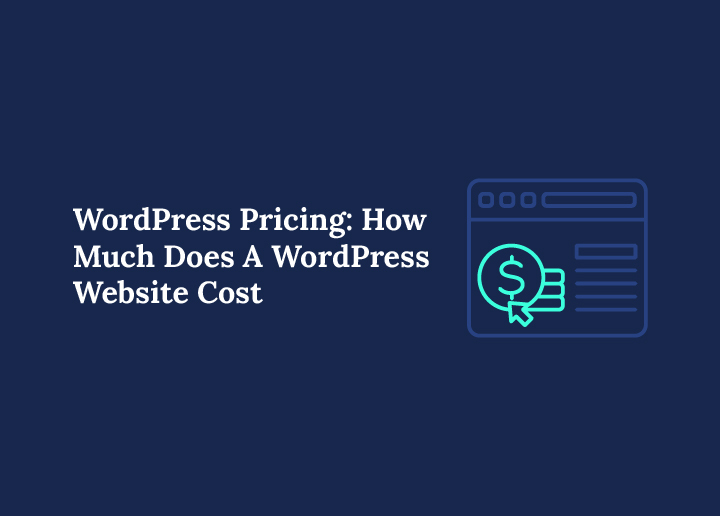Are you looking to move from being a freelance web developer to an agency owner? This ultimate guide will show you exactly how to do it in detail. We’ll cover the steps to transition, including building a team, structuring your business, partnering with a white-label service provider, and achieving sustainable growth. So, get ready to scale your freelance business into a successful agency.
Key Takeaways
- Transitioning from freelance web developer to agency owner allows you to scale your business, manage more extensive client portfolios, and build a lasting legacy.
- Assess your readiness for starting an agency by evaluating your workload and network and understanding your new responsibilities.
- Successful agency establishment involves defining your niche, building a client pipeline, setting up business systems, securing necessary finances, and assembling a strong team.
Why Transition From Freelance Web Developer to Agency Owner?
Have you ever found yourself juggling more projects than you can handle? That’s often the first sign that it’s time to consider transitioning from a freelance web developer to an agency owner.
As a solo freelancer, the appeal of complete autonomy is undeniable, but there’s a ceiling to growth, both in terms of income and the complexity of projects you can undertake. Starting an agency allows you to break through that ceiling by:
- Offering more services
- Managing a larger client base
- Hiring other freelancers to diversify your service offerings.
It’s a natural progression for most freelancers who have reached the tipping point where the efforts of one person alone can no longer sustain their freelance business.
When you switch to running a digital agency, you’re not just a web designer anymore; you’re a business owner responsible for steering the ship and ensuring that your creative agency thrives in a competitive market.
Also, while this transition requires significant changes, the potential for financial growth and project management opportunities make it an attractive proposition for solo freelancers ready to take the next step.
Read: Freelancer or Agency for WordPress Development: Who Should You Hire
Curious how to scale from a solo freelancer to a successful agency owner? Check out this video where we share real lessons from years in the industry!
Start Your Agency Today with Our White Label Services in 2025
Explore our comprehensive White Label WordPress services, and contact us now to discuss how we can partner together for success.
Tips to Move from Freelance Web Developer to Agency Owner
Transitioning successfully from solo freelancing to owning a full-fledged agency involves more than just managing a growing list of clients. It’s about being at the helm of your own creative ship, steering it towards greater financial prospects, and providing stability and a future for your team. Here are some tips to get you started.
Assessing Your Readiness for Starting an Agency
Before embarking on the agency journey, it is imperative to take stock of where you are and whether you’re truly ready to become an agency owner. This begins with assessing your current freelance business and workload.

Are you consistently facing an overflow of projects that you can’t manage alone? If so, it is a sign that your business is ripe for expansion.
Another essential element to consider is your network. Do you have connections with other freelancers and industry experts like Seahawk who could support or become part of your agency? A robust network can be a foundation for your new agency, providing the necessary skills and support to get your business off the ground.
Preparing for the shift to an agency model also means understanding the implications of stepping into a new role. As a digital agency owner, you’ll not only need to:
- Find clients
- Manage relationships with them
- Handle the recruitment process
- Navigate the complexities of running a real agency
It’s a step that requires careful consideration and a willingness to adapt to the demands of agency life.
Learn: How to Grow Your WordPress Agency
Initial Steps to Establishing Your Own Agency
First and foremost, defining your agency’s niche is paramount. This crucial step allows you to set your business goals and determine the agency model that best suits your strengths and target audience.
Once your niche is carved out, focus on building a client pipeline. A robust pipeline ensures a steady flow of potential clients, helping you maintain relationships with current and former clients. This, in turn, can improve your reputation and attract quality leads. The pipeline will become the lifeblood of your new agency, so it’s essential to continuously track metrics such as site visits and conversions to refine your strategies.
Also Read: How to Build a Successful White Label Partnership
In parallel, setting up your business systems is key. Creating a website, for instance, is a fundamental step that can be achieved with a CMS like WordPress. WordPress can help you build a website and prepare your new business for growth and success.
Seeking mentorship and coaching is another invaluable step. Business mentors provide insights from their own experiences, offering guidance that can help you navigate the challenges of agency ownership. Mentorship can improve your time management skills, establish better business processes, and identify areas of your operation that need improvement.
Know More: Hiring A White-label Partner: 11 Things You Can’t Overlook
Find Your Niche and Define Your Model
One of the smartest things you can do as you move from freelancer web developer to agency owner is to narrow your focus. While generalists can land a variety of gigs, niching down gives you clarity, authority, and direction. It’s a logical step that transforms your freelance career into a specialized business.

Ask yourself some key questions: Who do I enjoy working with? What types of complex projects am I best at? Do I want to serve small businesses, startups, or enterprise clients?
Agencies that focus on specific industries like fitness, real estate, or eCommerce, or on platforms like WordPress and Webflow, tend to grow faster. Why? Because they become the go-to experts. It’s easier to attract more traffic, generate referrals, and scale your marketing efforts when your services speak to a very specific audience.
Once your niche is clear, define your business model. Will you offer full-service web design, including development, SEO, branding, and copywriting? Or will you streamline operations by working with a white-label partner who helps you fulfill client needs while you handle strategy and communication?
Defining your model early saves you from chasing unqualified clients, stretching your billable hours, or trying to wear every hat. It provides a solid foundation for hiring, scaling, and delivering a great client experience.
Financial Considerations When Launching an Agency
Launching an agency requires a significant upfront investment. To ensure your venture hits the ground running, you should have a startup capital of at least $10,000-$25,000, along with three months of personal finances saved as a safety net.

Managing your agency’s finances extends beyond initial investments. You’ll encounter various expenses such as operational costs, marketing, and salaries.
The backbone of financial management in your agency is the regular review of financial statements. Income and cash flow statements will give you a glimpse of your revenue, expenses, and overall financial health. Keeping a close eye on these documents can help you avoid financial droughts.
Key financial metrics such as gross margin, EBITDA, and net profit margin are vital for assessing your business success. A positive net income indicates profitability, while a negative figure could indicate that your strategies need re-evaluation.
Leveraging financial insights is not just about keeping the books balanced; it’s also about:
- Pinpointing high ROI investments
- Guiding your expansion efforts
- Incorporating financial data into your decision-making
- Ensure that your strategies are economically sound and aligned with your growth objectives.
Kickstart Your Agency Journey Without Breaking the Bank!
Learn about our white-label services that empower you to start your own agency at cost-effective prices.
Legal and Administrative Setup

As you prepare for agency ownership, it’s essential to get your legal and administrative ducks in a row.
- The first step is to register your agency as a legal business entity. This step legitimizes your operation and ensures compliance with tax regulations.
- Securing the necessary licenses and permits is also a must. Without them, you could face legal hurdles that might impede your agency’s ability to operate.
- Moreover, establishing proper tax protocols is crucial for avoiding penalties and maintaining your agency’s good standing.
Beyond registration and taxes, you must acquaint yourself with relevant laws, maintain accurate records, and secure the right insurance policies. These legal matters are the foundation of a legitimate and trustworthy agency with which clients and other organizations can confidently do business.
Read About: WordPress for Small Business: Why is it the Best Choice
Leveraging White Label Services
Expanding your service offerings is a critical aspect of growing your agency. One way to achieve this without overextending your resources is by leveraging white label services. This allows you to rebrand and sell services developed by another company as your own.
Here, there are several types of partnerships to explore:
These partnerships enable your agency to focus on its core strengths while offering services that would otherwise require significant investment in time and expertise.
White label services can be a game-changer for small agencies competing with larger businesses. By providing similar services under your brand, you save time and money while enhancing your competitive advantage and client relationships.
Moreover, aligning your agency’s offerings with your client’s needs through white-label solutions can improve client retention. This strategy not only adds new revenue streams but also solidifies your position as a provider of excellent services.
Further Reading: What is White Label: A Comprehensive Guide
How Did We Assist Impackedful with Our White-label Solutions?
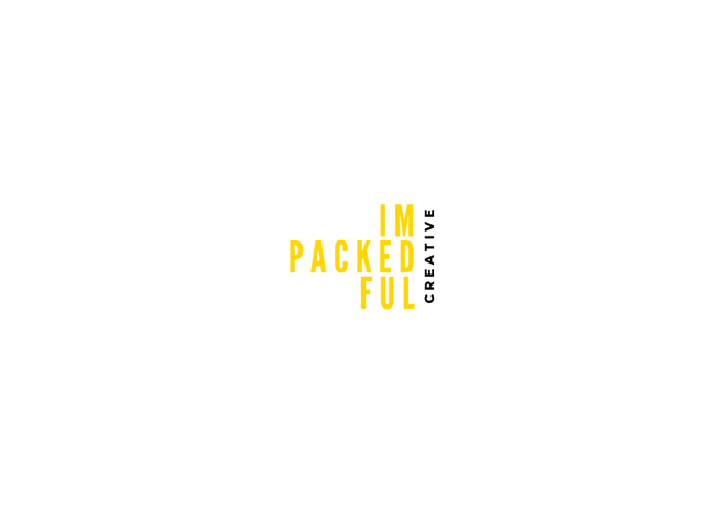
Discover how Impackedful leveraged Seahawk’s white-label WordPress solutions to overcome digital challenges faced by their client, Evolvedtax.com. Dive into our case study to learn how our specialized assistance empowered Impackedful to make a lasting impact while delivering exceptional results for their client. Read the full case study now!
Building a Team: Hiring Freelancers and Full-Time Employees
The strength of your agency lies in its team. As you transition from a freelance business to an agency, you must master the recruitment process. This includes thorough background checks and interviews to ensure you’re bringing on the right team members.

When hiring, you’ll need to balance the flexibility of hiring freelancers with the stability of full-time employees. This mix allows you to scale your workforce according to project demands while building relationships and fostering a collaborative culture within your agency.
Drafting employment agreements that cover intellectual property rights and confidentiality is critical for protecting your agency’s interests. For freelancers, Independent Contractor Agreements are necessary to define terms and ensure clarity on work ownership and indemnification.
Don’t hesitate to seek external help if recruitment becomes overwhelming. HR consultants and external recruiters can manage the process efficiently. Additionally, mock assignments can be a valuable tool in hiring, providing insight into a candidate’s project management skills in a practical setting.
Lastly, building a team is not just about hiring; it’s also about retention. Employee referral programs and recruitment marketing strategies are effective ways to keep your talent pipeline filled with qualified candidates, ensuring your agency never misses a beat due to staffing shortages. Recognizing employee contributions with personalized gifts for employees can enhance retention, boost morale, and reinforce a positive company culture. Platforms like Able Recognition further streamline this process, highlighting the importance of consistently appreciating your employees’ efforts and ensuring they feel valued for their contributions.
Learn About: WordPress Website Design: Reasons to Hire a Professional Agency
Get Organized: Tools & Systems
As a freelance web designer, you might be used to juggling everything, development, client communication, invoicing on your own. But stepping into the multi-faceted role of an agency owner means managing projects, people, and expectations.
This is where a structured process becomes essential. Don’t wait until things spiral out of control, start building systems early. Here’s how:
- Project Management Tools: Tools like Trello and ClickUp let you manage client tasks, track progress, assign roles, and set deadlines. If you hire people or work with contractors, these tools keep everyone aligned and accountable.
- Time Tracking: Platforms like Toggl or Avaza help track billable hours, monitor productivity, and understand how much time your team actually spends on deliverables. This data is crucial when pricing projects or optimizing workflows.
- Internal Communication: Ditch the cluttered inbox. Use tools like Slack for quick conversations and Notion for shared docs, onboarding guides, and SOPs.
- SOPs (Standard Operating Procedures): Create step-by-step instructions for recurring tasks, onboarding clients, building websites, launching campaigns. This saves you time, empowers new hires, and ensures consistent results. A few hours spent now can save you weeks later.
Adopting these tools early on is a smart move that sets your agency up for scalable growth, even if you’re starting from your home office with just one or two team members.
Enhancing Client Project Delivery
Delivering projects on time is paramount to your agency’s success. A well-crafted Statement of Work (SOW) is your blueprint for each project. It outlines the specifics of the services provided, including scope, schedule, and fees, preventing misunderstandings and ensuring that clients know exactly what to expect.
Read: WordPress Development Workflow: Ultimate Guide
Communication is another lifeline of project delivery. Consistent and clear communication with clients keeps everyone on the same page, minimizing misunderstandings. This approach not only fosters trust but also builds lasting client relationships.
Efficiency is further maximized through good planning and proper documentation. When challenges arise, such as tight deadlines or unexpected requests, your ability to adapt and solve problems quickly becomes a testament to your agency’s quality work.
Effective time management is also crucial. By planning milestones and targets, you can allocate work hours appropriately, ensuring that every team member knows their role and responsibilities. This organization is key to delivering more projects successfully and satisfying more clients.
Learn About: Benefits of White-Label WordPress Development for Agencies
Marketing Your New Agency
Marketing your new agency is about making a splash in a crowded digital world. A well-rounded digital marketing strategy should encompass innovative techniques and time-tested traditional approaches for maximum outreach.
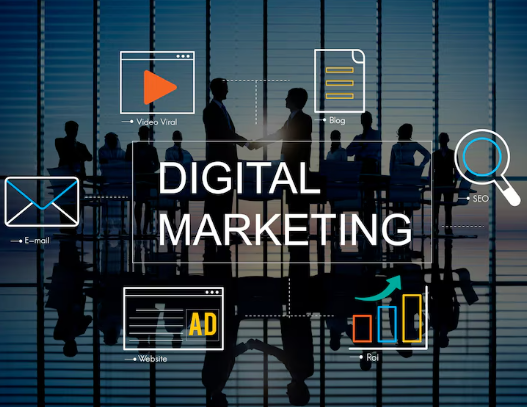
- Understanding your target audience is the first step. Research their behavior and digital footprint through primary and secondary methods to tailor your marketing messages. This knowledge will guide you in creating content that resonates with your potential clients.
- Content is king in the digital world. High-quality, original blog content can showcase your expertise, build trust, and demonstrate value to your target clients. It’s also the cornerstone of successful digital marketing, from SEO to social media networking.
- Leverage social media marketing to maintain an active presence. Platforms like Facebook and other social media accounts allow you to connect with potential customers, share your creative work, and stay updated with industry trends. It’s also a space for networking with peers and building relationships that can lead to new business opportunities.
Moreover, creating lead magnets such as e-books or infographics can attract new clients. On the other hand, a “Thank You” page after an opt-in can start the persuasion process.
Learn: The Real War: Growth Hacking vs. Growth Marketing Vs. Digital Marketing
Stay Ahead of the Curve
Transitioning from a freelance web developer to an agency owner is a steep learning curve, but staying current is part of the real work. If you want your agency to remain competitive, you can’t afford to stay stagnant.
- Keep Learning: Technology moves fast. New tools, AI innovations, frameworks, and platforms are always emerging. Whether you’re learning on your own or encouraging your team to upskill, staying sharp keeps your agency agile.
- Join Communities: Connect with other agency owners by joining design and dev groups, forums, or masterminds. You’ll learn from shared mistakes, get advice from those who’ve walked your path, and even gain referrals.
- Invest in Growth: Attend workshops, take courses, or buy that one tool that’ll save you dozens of hours. The more you spend time leveling up your skills and your team, the more valuable your services become to clients.
Remember, your own journey sets the tone for your agency. If you’re committed to growth, your team will be too.
Maintaining Client Relationships and Getting More Clients
Mastering the art of client relationships is critical to sustaining and growing your agency. Maintaining strong connections with existing customers provides a stable revenue stream and can lead to referrals, which are essential for business success. But how do you keep these connections thriving while also attracting new clients?
- Effective communication is the cornerstone of any lasting relationship. By staying in regular contact, providing updates, and soliciting feedback, you show your clients that you value their business and are committed to their success. This proactive approach can encourage previous clients to become repeat customers and champions of your services.
- Networking events and social media management are other excellent opportunities to build relationships with potential clients. These platforms allow you to showcase your agency’s service offerings, share success stories, and demonstrate your expertise.
Remember, the more relationships you build, the more clients you’ll find. And the more clients you have, the more money your agency can potentially earn. It’s a virtuous cycle that starts with excellent service and ends with business growth.
Know More: Seahawk Vs. The White Label Agency
Build Long-Term Relationships
The true difference between a full-time job and owning an agency isn’t just freedom, it’s legacy. And that legacy is built on client trust and relationships.
- Stay Connected: Don’t treat clients like one-off projects. After a job is done, send updates, ask for feedback, and stay top-of-mind with helpful content. A simple check-in email can lead to repeat work or a referral.
- Document Case Studies: Want to turn your real work into future sales? Turn past projects into success stories. A good case study showcases what problem you solved, how you did it, and what results you delivered. That’s gold for building credibility with new leads.
- Why This Matters: Loyal clients lead to more traffic, saving money on acquisition, and long-term sustainability. Building trust doesn’t cost much, but it pays off big. It’s not just about growing fast, it’s about growing right.
Summary
As we wrap up this in-depth guide, it’s clear that transitioning from a freelance web developer to agency owner is a multifaceted process. It requires careful planning, strategic financial management, legal due diligence, team building, and a commitment to providing excellent services. Here, white label services can help to enhance your agency’s offerings so you can deliver exceptional results to your clients.
Marketing your agency and maintaining client relationships are also ongoing endeavors that will dictate the long-term success of your business. Remember, the journey from freelancer to agency owner is one of growth, learning, and resilience. So, embrace the challenges, celebrate the victories, and always strive to provide more value to your clients.
Frequently Asked Questions
How much money should I have saved before starting my agency?
You should aim to have at least $10,000-$25,000 in startup capital and three months of personal finances saved before starting your agency to cover initial expenses and provide a safety net as your business takes off. This will help you navigate any unforeseen challenges that may arise.
Do I need to hire full-time employees right away?
No, you can begin by partnering with a white label service provider like Seahawk for specific tasks and projects. As your business expands, you can later transition to hiring full-time employees for increased stability and continuity.
What legal steps do I need to take when setting up my agency?
To set up your agency, make sure to register as a business entity, obtain licenses, and set up tax protocols. Also, familiarize yourself with relevant laws, maintain accurate records, and secure appropriate insurance policies.
How do I know if I’m ready to transition from freelancing to agency ownership?
If you consistently have more work than you can handle and have a strong network of freelancers, it might be a sign that you’re ready to transition from freelancing to agency ownership.
Can white label services really help my agency grow?
Absolutely! White label services can significantly contribute to the growth of your agency by allowing you to offer a wider range of services without the need for extensive resources. This can help you compete with larger businesses and save time and money.
